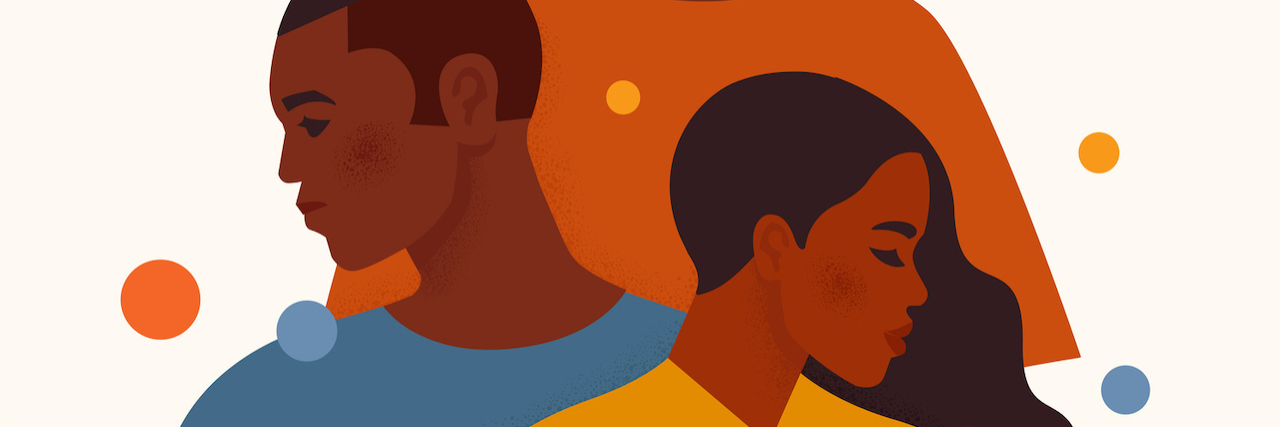As I listened to the judge sentence Derek Chauvin to 270 months in prison, I thought I would feel relieved. Instead I simply feel numb. I feel empty. I think that my brain has gone into freeze mode after so many months of feeling as if I’ve been holding my breath.
Last summer, millions of Americans watched George Floyd plead for his life for nine minutes and 29 seconds before finally succumbing to his injuries at the hands of Chauvin. The day of his sentencing, Chauvin’s mother passionately pleaded to spare her son’s life. She stated that her son was not racist and that he was a good person. But it isn’t enough to not be racist. One must be anti-racist and being anti-racist starts with the ability to have empathy for another human being.
Where was his empathy for George Floyd on May 25, 2020?
Racism is pervasive and it isn’t always overt. It’s not just a Klansmen dressed in hoods and burning crosses in the yard of a Black family. It’s not just neo-Nazis marching through the streets of Charlottesville holding tiki torches. Instead, racism is structural and woven into America’s fabric. Opportunity, freedom and upward mobility have largely been reserved for white Americans. Black Americans have largely been denied America’s promise of freedom and justice for all. Systemic racism shows up across nearly every system in our democracy. Its effects show up in our bodies through toxic stress and mirror PTSD-like symptoms.
Studies have shown that those who experience racism have biological changes to their genetic makeup and are at higher risk for strokes, heart disease and a host of other social and medical problems. Structural racism makes it difficult for Black Americans to access resources to attain equitable healthcare, housing, adequately funded schools and mental health supports.
“According to a new Morning Consult survey conducted April 20-22 after the decision was revealed, 77 percent of U.S. adults — including 91 percent of Black and 3 in 4 white Americans — approve of the verdict that Chauvin was guilty of second- and third-degree murder and second-degree manslaughter in the death of Floyd, while 14 percent disapprove.”
Although Chauvin received nearly the maximum sentence recommended, we must not stop now. There are actions that you can take today to ensure that what happened to George Floyd does not happen to anyone else.
First, you can contact your Senator and request that they vote to pass the George Floyd Justice in Policing Act. This act would ban the use of chokeholds and no-knock warrants — which took the lives of George Floyd, Breonna Taylor and Eric Garner — at the federal level. Many states have already passed similar legislation at the state level.
Next, you can challenge the idea that we have reached a post-racial America. We have not.
The collective community grief that is experienced by Black Americans each time we view images of an unarmed Black or Brown community member being killed by the police can be triggering for African Americans living with mental illness and those who have experienced racial trauma. Black Americans today took a collective sigh. Our Nation believes the judge got it right in this case, but there is so much more work left to be done. Here are some resources for self-care:
Resource for People of Color:
Resource for Allies:
- How to Use Mindfulness to Stand in Solidarity With the Black Community
- Things you can do to make a difference
Meditations:
Black folks in our community: How do you feel after the verdict? Let us know in the comments below.
Non-Black members of color in our community: We recognize and see you and the pain that you may also be experiencing. Keep showing up in the fight against white supremacy. Learn, reflect and continue to dismiss anti-Black narratives.
White folk in our community: Keep showing up. Keep doing work to decenter whiteness and to learn, reflect and readjust.
Getty image via Angelina Bambina

